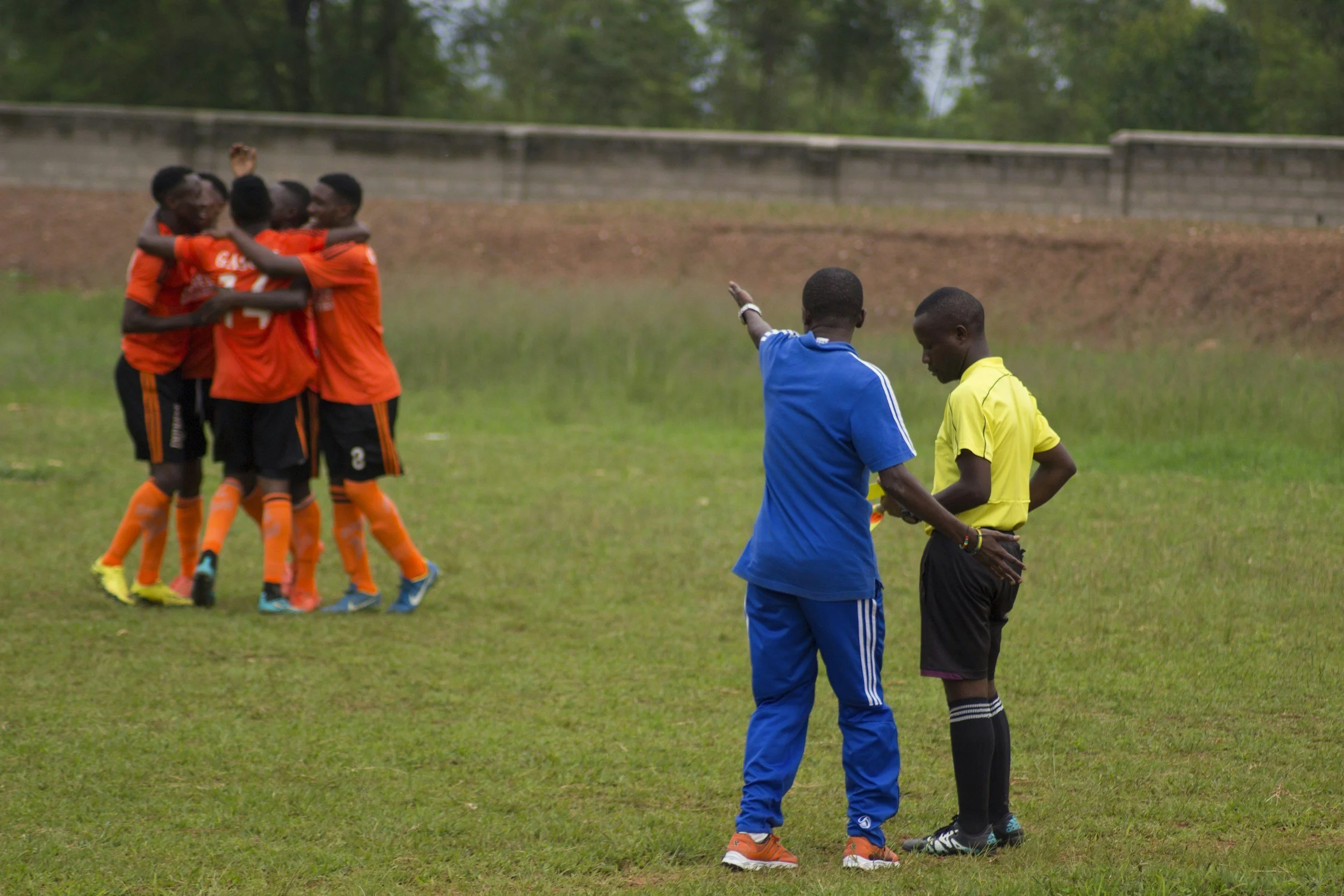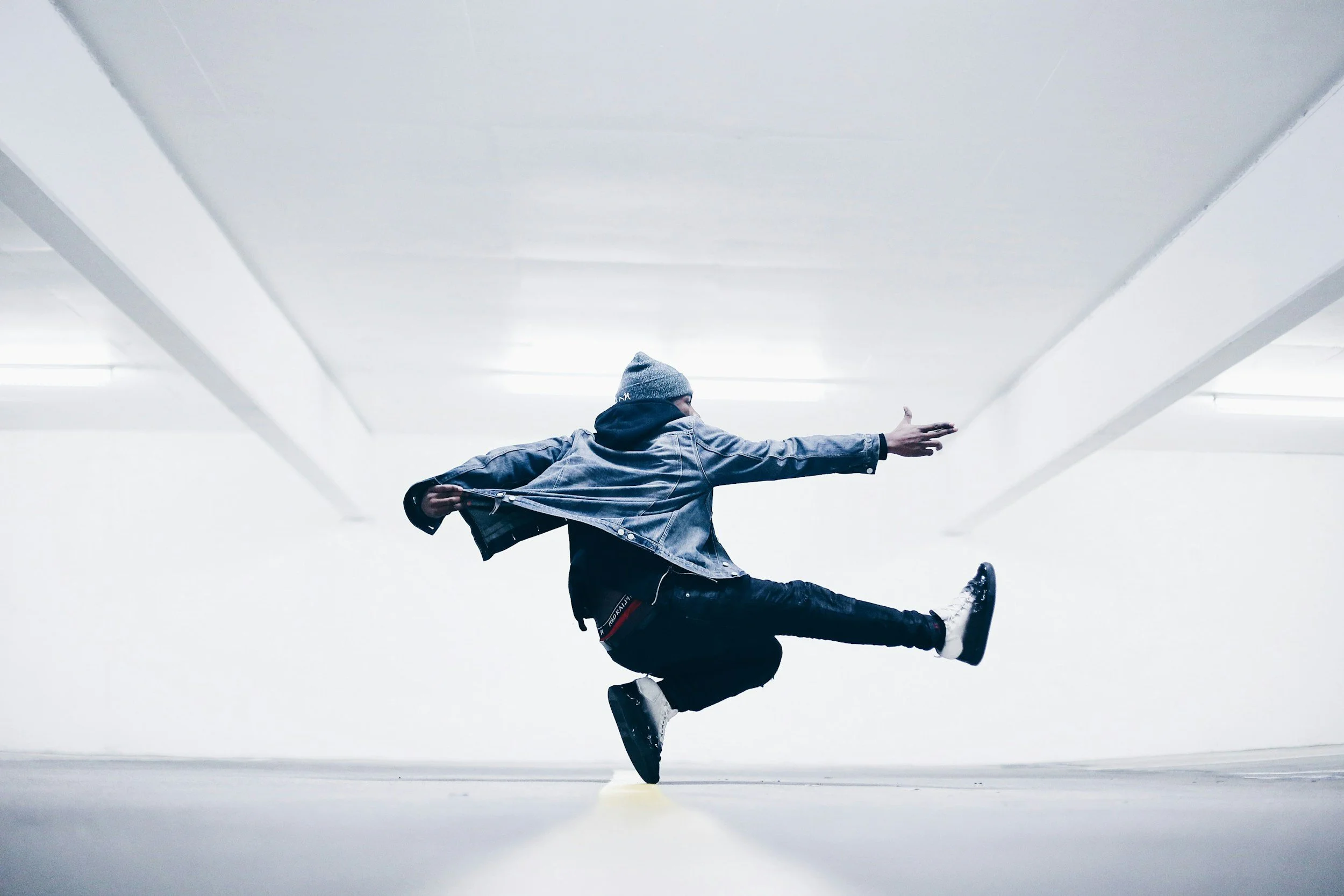
The Mental Skill of Self-Awareness to Benefit Us and Athlete Memory Part 1: Foundation
It is said that expert athletes have a good memory. If that is the case, can self-awareness be helpful in building an expert athlete’s memory? Let’s explore and see what we find.

Expertise and Deliberate Practice
Deliberate practice (DP) is a fairly popular topic when it comes to discussing expertise in sports and other professions. So what is DP?
Ericsson (2008) originally constructed the definition of DP to have the following components:
Individual active engagement
Training crafted by a coach, teacher, or similar
Dedicated to the improvement of a particular action
Integration of immediate feedback
Space for problem-solving and evaluation
Repetition of the action to cultivate the action

Definition of Expertise with Age
Expertise in sports is a complex process and, when talked about, can elicit many different thoughts, comments, and feelings. So what happens when we bring age into the picture? What happens to the definition of expertise? What happens when we consider physiological constraints, psychological processes, and the experience of aging?

Training, Memory, and Recall
Let neuroscience come forth! Not everyone is a neuroscience fan like myself, and that is completely okay. Neuroscience is not for everyone. In the case of this post, neuroscience does have to be brought up because it sets the stage for discussing memory and recall.

Self-Modeling in Sports
What is self-modeling? I am sure that you could guess the answer to this question if you do not already know the answer. Self-modeling is a technique that encourages athlete development of new and current skills to improve performance by observing themselves in action. This type of technique is grounded in social cognitive theory, which aims to explain how people learn and develop different behaviors via interactions with other people and their environment, emphasizing interactions between personal factors, environmental influences, and behavior.

Who Likes to Practice? Does a Coach Influence Liking Practice?
Why do so many athletes hate to practice?
What a question to ask. Talk about a loaded question to ask. There could be many answers to this question, and it can bring up many different thoughts and feelings. This post aims to offer some thoughts, but at the end of the day it is up to each individual athlete to answer this question for themselves. With that said, let’s dive in and see what we can explore.

Expertise, Mental Practice and Nature or Nurture
Hebb (1949) wrote that expertise “is a product of 100% nature and 100% nurture.” Interesting statement to make and fun to think about. What about the nature versus nurture argument can we use to learn about sport expertise?

Athlete Identity
What is identity? That itself is a big question and one that requires a ton of unpacking. While we will not be diving into a question that big, we will be exploring the athlete identity. Athlete identity, or athletic identity, is the degree to which an individual identifies with their role as an athlete and how they are recognized by others and themselves within their role as an athlete. This self-concept arises from the information an individual internalizes and its influence on how they process the information about themselves.

DNFing an Event or Race
The dreaded DNF, Did Not Finish! Why is this person writing about DNFing? Because we need to talk about it so that instead of dreading the DNF we understand how to use it to our advantage.

Ironman Triathlon Mental Toughness: Any Type of Athlete Can Learn About Mental Toughness from This Post
If MT is a must, then we need to understand what MT is and how someone can begin to build MT. The definition of MT that this post will utilize is the following:
“MT can be defined as a state-like psychological resource that is purposeful, flexible, and efficient in nature for the enactment and maintenance of goal-directed pursuits.”
(Gucciardi, 2017, p. 18)

Reinvestment Theory
Reinvestment Theory (Masters, 1992; Masters et al., 1993; Masters, 2000) suggests that relatively automated motor processes may be disruptable if this processing is running by means of conscious access and task-relevant declarative knowledge is what is controlling the mechanics of the movements on-line. Understanding Reinvestment Theory may help athletes avoid reinvestment issues within the context of still tailoring based on the individual characteristics as well as other characteristics, such as developmental stage, learning style, or awareness of internal and external awareness.

The Complexities of Athlete Learning Part 2
Part 2! Last time, we looked at errorless learning and external and internal focus of attention. Now we will build on last week and continue with the analogy of the ice skater. Today we will dive head first into analogy learning and implicit and explicit learning techniques.

The Complexities of Athlete Learning Part 1
Three key teaching concepts, errorless learning, external focus of attention, and analogy learning, may be used to support this skilled athlete in enhancing performance and improving preparation.

Implicit versus Explicit Training
What is implicit and explicit training in the world of sports? Implicit learning is learning that happens with little to no instruction from an outside source such as a coach and is more focused on the athlete’s experience. A few good examples of this is learning to ride a bike, using an analogy to teach a skill, or allowing an athlete to learn via sensory experience versus verbal feedback. In contrast, explicit learning is where an outside source such as a coach provides an athlete with verbal instruction.

Your Zone of Optimal Functioning
Wait, what? There is a zone of optimal functioning? According to the Inverted U Principle, yes there is! But let’s dig a little deeper so that you can decide for yourself whether you agree or not.

Application of Closed-Loop And Open-Loop Control Systems
Closed-loop and open-loop control systems, what? These systems are the systems that allow us to perform movements and not just in sports or dance. Each system serves a purpose and aids performers in taking effective action in their chosen sport. Let’s learn some more about them and the importance of understanding both systems.

Fitts’ Law in Motion
These stages help guide how Fitts' Law informs the role of motor learning and integration.

Growth Mindset
Dweck talks about the growth mindset and the fixed mindset. As the growth mindset speaks about fostering one’s ability to persist and build a skill set versus the fixed mindset that talks about the belief in innate ability.

Getting Your Attention
Attention and concentration in sports is a hot topic, and as with other hot topics in sports, there are different theories about attention. Attention is, basically, what we are seeing or observing. There is also value in understanding theory in order to understand how it can be applied in your life. So, while it may be a bit information dense, it will be worth taking the time. Below we will explore three different theories of attentional processes.

Motivational Theories in Sports Psychology
What is motivation? Why should we care about motivation? Motivation is what drives us to accomplish our goals. Researchers are always interested in learning about different concepts, including motivation and why we want to reach our goals. Two different theories have been proposed based on some of the research coming out of the field of sports psychology. Let’s learn a little bit about two of these theories to see if they can be of benefit to you.